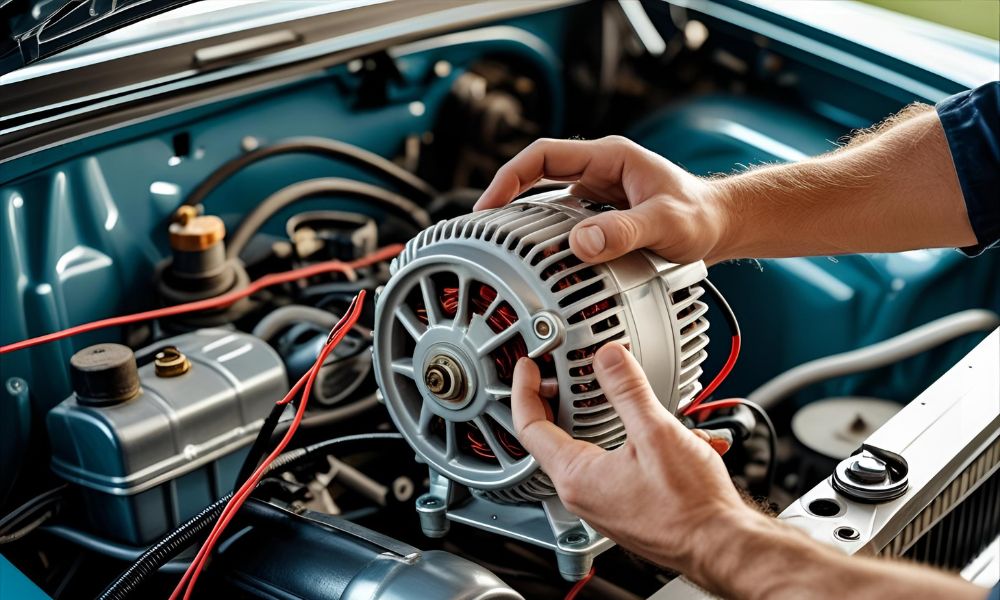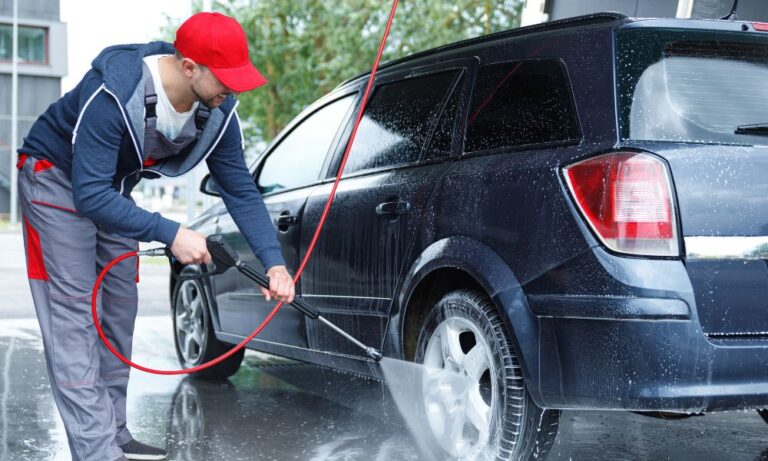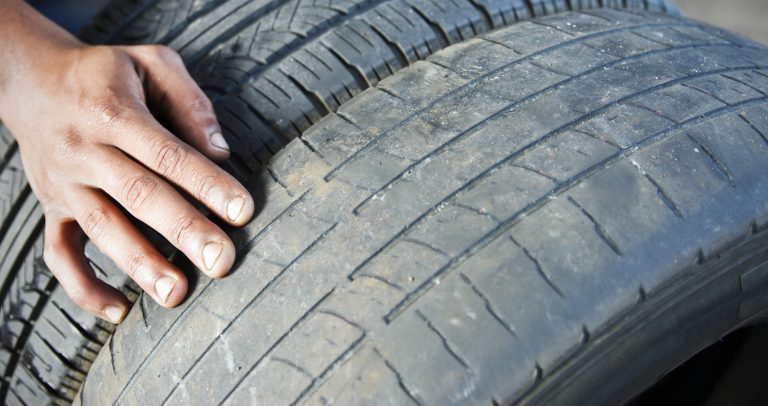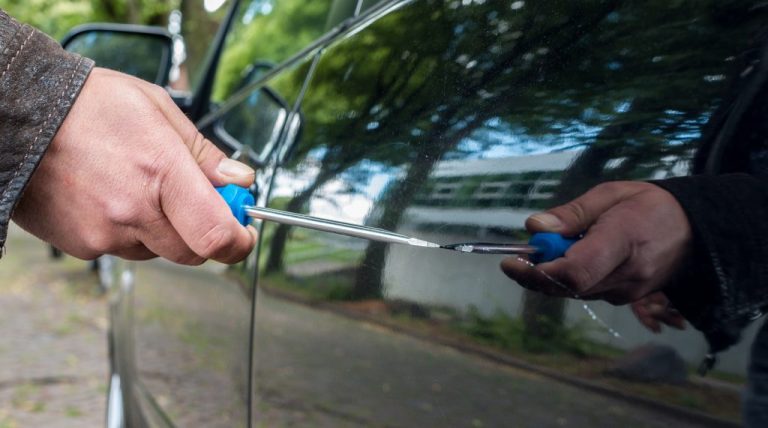How to Tell If an Alternator is Bad
When it comes to the health of your vehicle, one of the most crucial components often goes unnoticed until it starts to fail—the alternator. It quietly performs its duty, converting mechanical energy from the engine into electrical energy, keeping your car’s battery charged and powering the electrical systems. Yet, when the alternator begins to malfunction, it can lead to a cascade of issues, including a drained battery, dimmed lights, and difficulty starting your car.
Understanding how to tell If the alternator is bad is essential for any vehicle owner. Without a functioning alternator, your car’s electrical system will fail, leaving you stranded.
What is an Alternator and Why Is It Important?
Its primary function is to generate electricity while the engine is running, charging the battery And powering various electrical components like the headlights, dashboard lights, air conditioning, And radio. It’s directly linked To your car’s battery and helps to keep it charged. Without the alternator, the battery would quickly drain, leaving you with a dead vehicle.
The alternator contains several key parts, including A rotor, stator, And diode rectifier, each playing A role in the conversion process. When one of these parts begins to fail, it can cause the alternator to malfunction, leading to A variety of electrical issues in your car.
Signs Your Alternator May Be Failing
Understanding the early warning signs of a bad alternator can help prevent a complete breakdown and save you money on expensive repairs. Here are some of the most common symptoms:
- Dimming or Flickering Headlights: If you notice that your headlights are dimming or flickering, it could be an early sign that your alternator isn’t supplying enough power. As the alternator weakens, it struggles to provide adequate power to the electrical system, leading to inconsistent lighting.
- Electrical Malfunctions: The alternator powers all your vehicle’s electrical components. If your radio, power windows, or dashboard lights begin to malfunction or work erratically, it could indicate that your alternator is on the fritz.
- Warning Lights on the Dashboard: One of the most obvious signs of alternator trouble is a warning light on the dashboard. Most cars feature a “battery” or “ALT” light, which activates when there’s an issue with the alternator. If this light illuminates, it’s time to investigate further.
- Strange Noises: A failing alternator often produces a whining or grinding noise. This noise can come from a worn-out bearing or a problem with the alternator’s internal components. If you hear unusual sounds coming from the engine, it’s best to get it checked out.
- Car Stalling or Difficulty Starting: If your car is stalling or takes longer than usual to start, it could be due to a failing alternator. Since the alternator is responsible for charging the battery, a faulty one may not be able to provide the necessary power to start the engine.
- Low Battery Voltage: A bad alternator may cause your car’s battery to lose its charge, even after it has been recently replaced. This is because the alternator isn’t charging the battery properly, leading to reduced voltage.
How to Test If Your Alternator is Bad
Testing the alternator is crucial in diagnosing the issue. While a mechanic can perform a thorough check, there are a few simple tests you can do at home to determine if your alternator is the problem:
- Multimeter Test: A multimeter can measure the voltage output of your alternator. Start the engine and set the multimeter to 20 DC volts..
- Headlight Test: Another simple test is to turn on the headlights while the engine is running. If the lights dim or flicker when you rev the engine, it’s a strong indication that the alternator is struggling to provide consistent power.
Common Causes of Alternator Failure
Understanding the root causes of alternator failure can help you prevent it from happening prematurely. Some common factors include:
- Wear and Tear: Like any mechanical component, alternators wear out over time. The brushes and bearings inside the alternator can degrade, causing it to fail.
- Faulty Wiring or Connections: Loose or corroded connections can hinder the alternator’s performance. In particular, a faulty ground wire or loose connections at the alternator can cause electrical problems.
- Overworked Alternators: If you have added many aftermarket electrical accessories to your vehicle, such as powerful sound systems or additional lighting, your alternator may struggle to keep up with the increased demand for power.
- Environmental Factors: Excessive heat or moisture can damage the alternator’s internal components, leading to failure. Harsh weather conditions can cause the alternator to wear out faster than usual.
Alternator Repair vs. Replacement: What You Need to Know
When your alternator fails, the decision to repair or replace it can be a tricky one. In some cases, it may be possible to repair the alternator, such as replacing worn-out bearings or brushes. However, in most cases, replacing the alternator with a new or refurbished one is the most reliable solution.
However, in cases of severe damage, replacing the alternator may be the only viable option. Always consider the age of the vehicle and the condition of other components before making a decision.
Preventing Alternator Failure
To avoid the inconvenience and cost of alternator failure, regular maintenance is key. Here are a few steps you can take:
- Check the Alternator Belt: The alternator belt, also known as the serpentine belt, is responsible for transferring power from the engine to the alternator. Inspect the belt for signs of wear or damage, and replace it as needed.
- Clean the Alternator’s Connections: Corroded or dirty connections can cause the alternator to underperform. Regularly clean the connections and ensure they are tight and secure.
- Monitor Electrical Load: Be mindful of how many electrical accessories you use at once. Overloading the alternator can cause it to fail prematurely.
When to Seek Professional Help
If you’re unable to perform diagnostic tests on your own or are unsure of the results, it’s best to take your vehicle to a certified mechanic. They can perform a more comprehensive inspection and determine the best course of action.
Conclusion
Knowing how to tell if the alternator is bad can save you from being caught off guard by a sudden breakdown. By understanding the signs of alternator failure, testing it yourself, and performing routine maintenance, you can prolong the life of your alternator and ensure your vehicle stays in good working condition. Don’t wait until it’s too late—pay attention to your vehicle’s electrical system and take action at the first signs of trouble.







